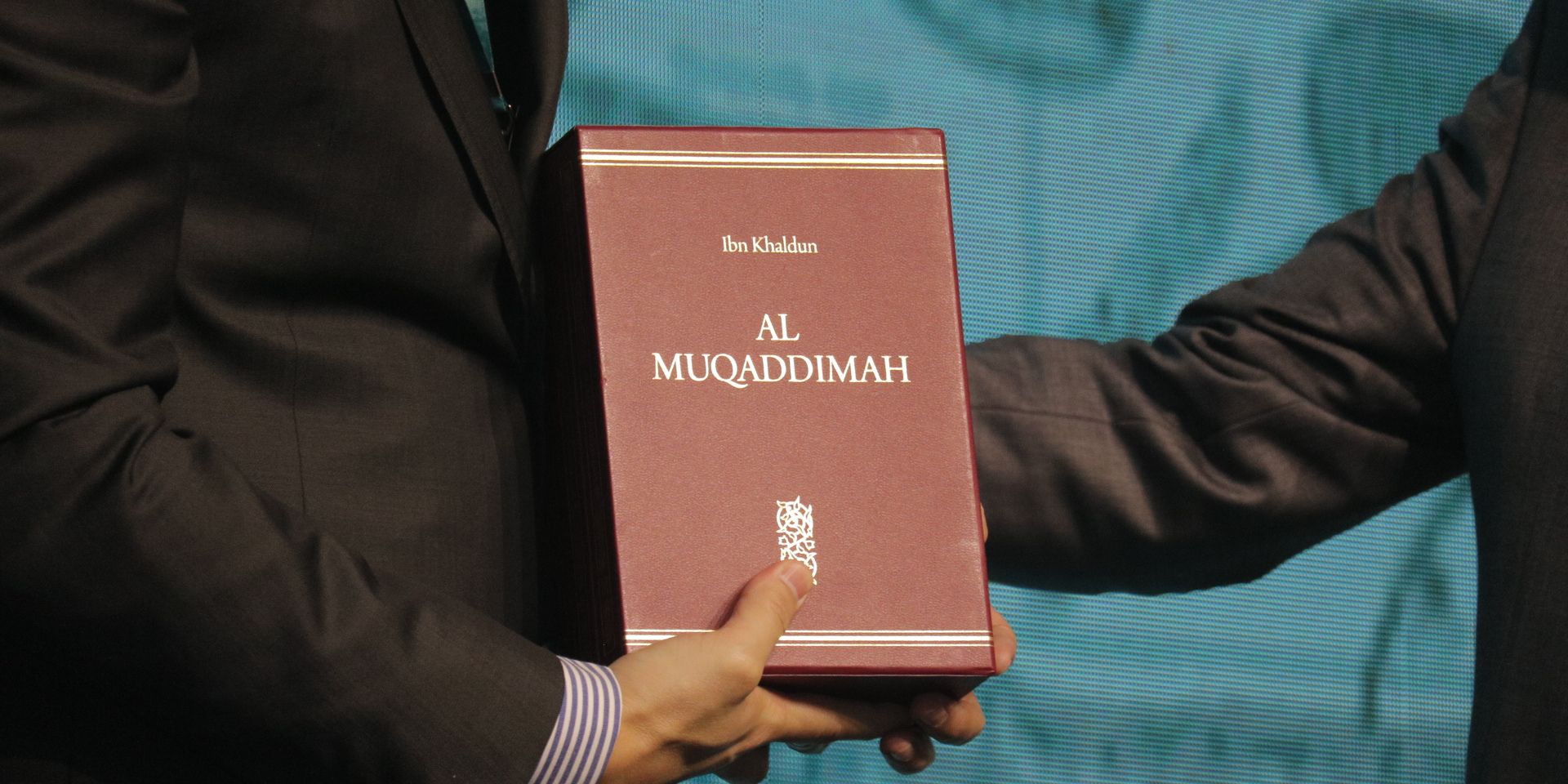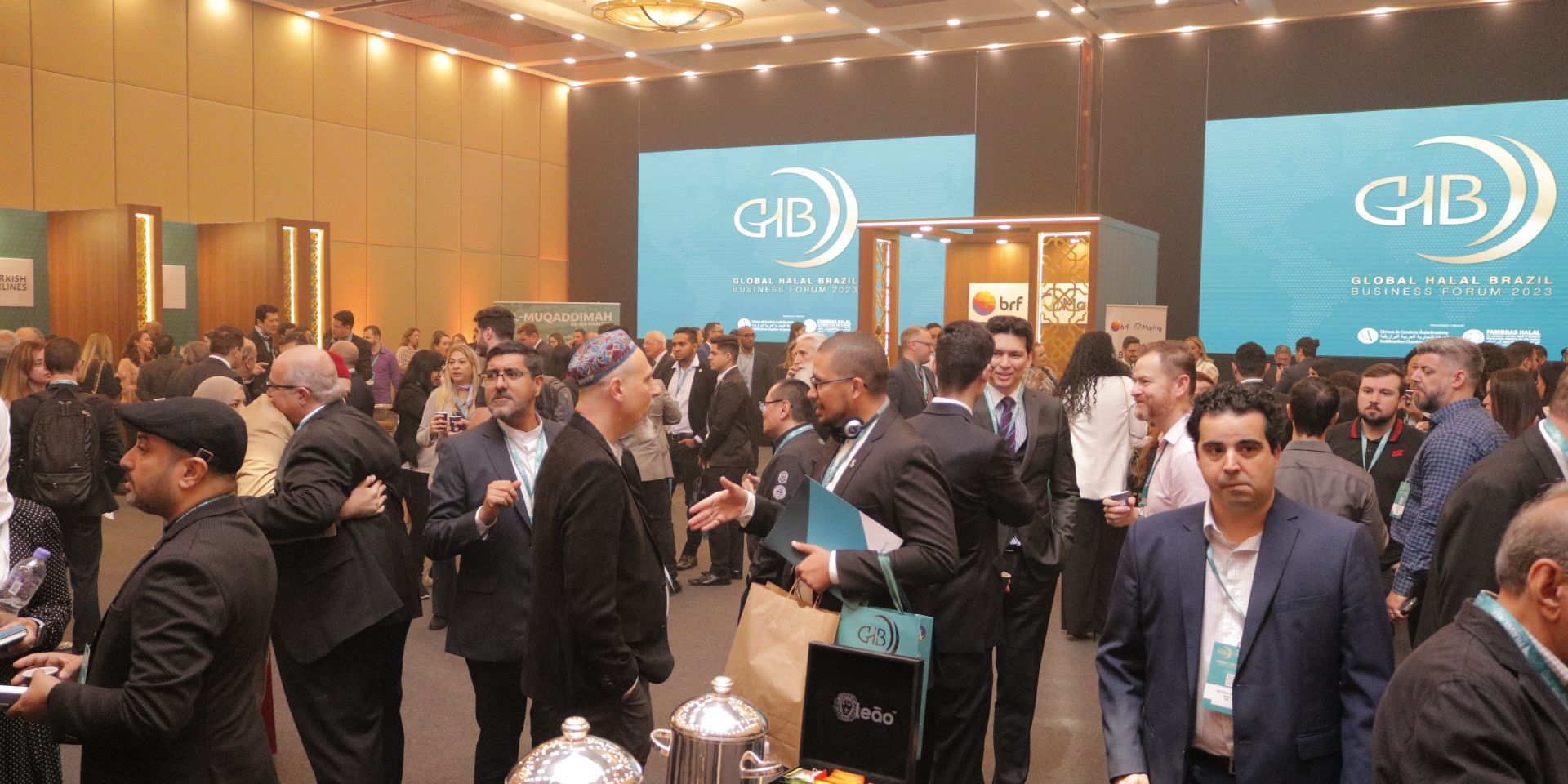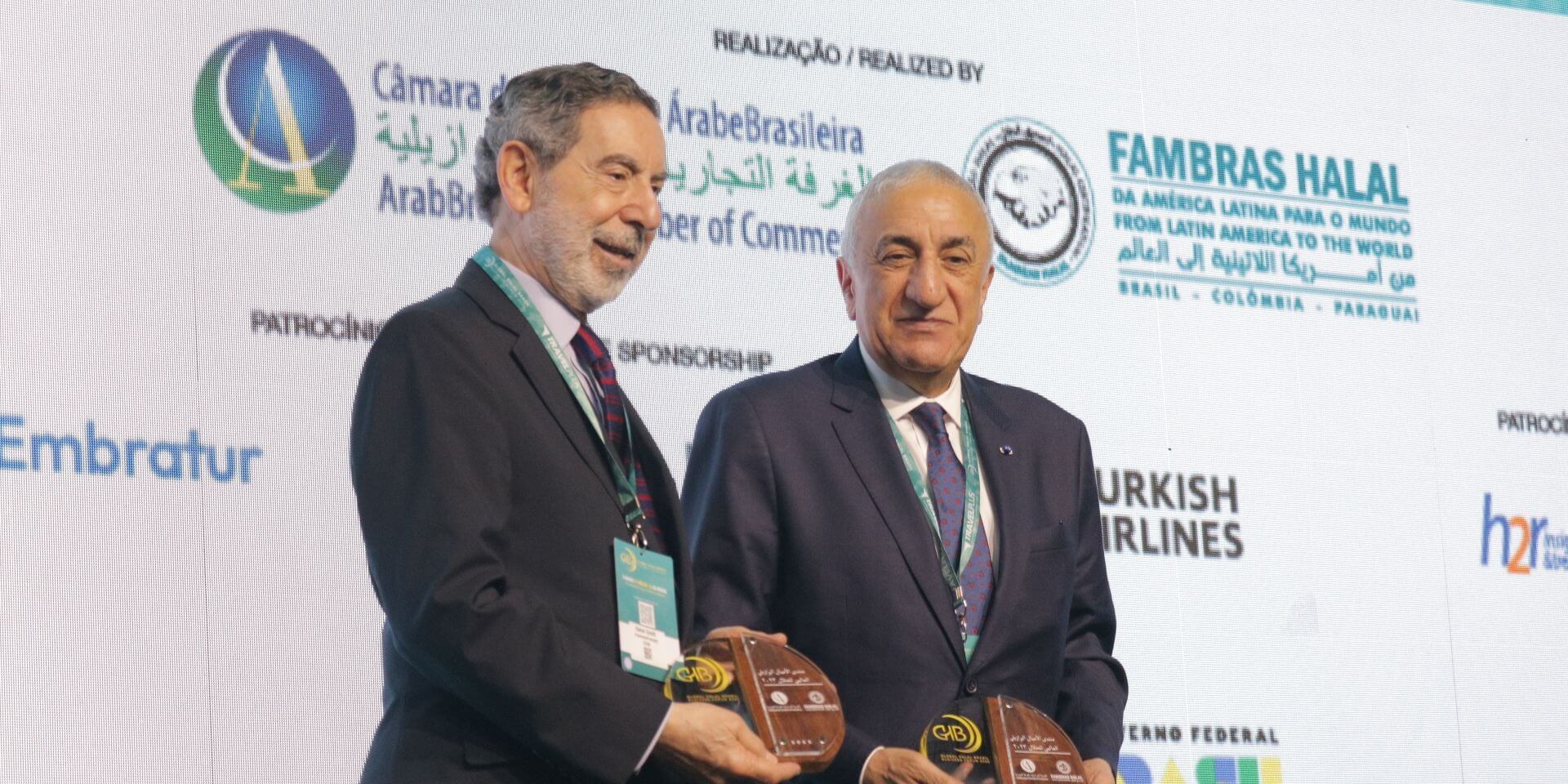Brazil's business forum highlights dominance in halal market
The second edition of the Global Halal Brazil Business Forum (GHB) concluded on a high note in Sao Paulo, drawing together representatives from business, government, and religious communities to explore the expanding halal trade market.
The forum, held on October 23-24, was organized by the Arab Brazilian Chamber of Commerce (ABCC), with support from FAMBRAS Halal and Apex-Brasil.
During the opening session, Osmar Chohfi, ABCC president highlighted Brazil's achievements as a halal supplier.
The largest South American country ships 30% of its meat exports to Muslim-majority countries, making it the world's largest exporter of halal poultry and beef, he added.
In 2022, Brazil exported $23.41 billion worth of food and beverages to Muslim-majority nations, up 41% from the previous year.
Chohfi encouraged Brazilian entrepreneurs to diversify their halal exports by including higher value-added products, such as cosmetics, medicines, clothing, and tourism. He emphasized learning from companies that have successfully operated in these markets.
Dr. Mohamed Hussein El Zoghbi, president of FAMBRAS Halal, said that Brazil initiated its journey in the halal market more than four decades ago, and has since become a leading player in the industry, particularly in the production of halal poultry and beef.
He emphasized the importance of awareness-building efforts by organizations like FAMBRAS Halal and the ABCC, which have contributed to increasing technical knowledge and qualified information within Brazil's halal industry.
Support from the top
In a note read out during the forum’s opening session, Brazil's President Luiz Inácio Lula da Silva reaffirmed the country's ability to deliver ‘very high-quality’ halal products.
He highlighted Brazil's strong trade relations with Arab League states and its capacity to meet the demands of the vibrant halal market.
He also mentioned the Halal do Brasil project, which focuses on training and certifying Brazilian halal products for international promotion.
Vice President Geraldo Alckmin and foreign minister Mauro Vieira, through video messages, emphasized the deep-rooted ties between Brazil and Arab nations. Alckmin discussed Brazil's investment facilitation agreements with countries such as Morocco and the UAE, as well as highlighted the environmental and ethical benefits of halal production.
Meanwhile, Vieira urged attendees to explore halal segments beyond food, such as cosmetics and fashion, with significant growth potential in Muslim countries.
More than 11 million Arab immigrants and descendants currently reside in Brazil.
Cultural, intellectual tribute to Ibn Khaldun

A new Brazilian Portuguese translation of The Muqaddimah: An Introduction to History by Ibn Khaldun was launched at the forum.
The work, often referred to as "Prolegomenon," laid the foundations for various fields of knowledge and continues to inspire scholars worldwide. The translation was presented by distinguished guests, including the honorary consul from Tunisia to São Paulo, Rubens Hannun, and ABCC President Osmar Chohfi.
Industry backing
On day two of the forum, a technical cooperation agreement aimed at promoting Brazil's northeast region in the halal market was inked.
The agreement, signed by FAMBRAS Halal’s Dr. El Zoghbi and Brazil Northeast Consortium secretary-executive Carlos Gabas, aims to pave the way for manufacturers from the nine northeastern states to access essential information about halal certification, enabling them to sell to Muslim countries.
Prominent Brazilian manufacturers and companies reinforced their commitment to the halal market and the broader Muslim community.
Rui Mendonça, CEO of Marfrig South America said that the halal market grows annually and is one of Brazil's top three largest export destinations. Marfrig is a prominent hamburger producer and beef company.
Miguel Gularte, CEO of Brazilian food company BRF, emphasized their long-standing involvement in the halal market, dating back to the 1970s.
João Campos, CEO of Seara Foods, pointed out that 30 out of the company’s 32 poultry plants are qualified for halal production.
Meanwhile, Murilo Corral dos Santos, export director at Minerva Foods, said that according to projections by the United States Department of Agriculture (USDA), a 24% increase in both imports and consumer demand is expected across the Middle East and North African (MENA) markets from 2018 to 2024.
This growth highlights the significant opportunities within the halal market for businesses, he added.

Calls for expansion with Muslim nations
Carlos Fávaro, Brazil's minister of agriculture and livestock, expressed his belief that Brazil and Islamic countries could further expand their already solid economic relationship.
He highlighted the importance of increasing commercial exchange and investments to foster stronger ties.
Fávaro emphasized that Brazil is the world's leading supplier of halal protein, with food exports to Islamic countries representing 17% of foreign sales by Brazilian agribusiness.
The total value of these exports reached $28.3 billion in 2022, with essential products being sugar, grains, soybeans, and poultry. Fávaro called for expanding the export basket and promoting trade as essential steps to further collaboration between Brazil and Islamic nations.
The event also received messages from international representatives, including Mufti Mohammad Al Khalayleh of the Hashemite Kingdom of Jordan and Mufti Kamil Samigullin of the Republic of Tatarstan, emphasizing the importance of halal in various aspects of human life and its significant role in global trade, health, and awareness.
